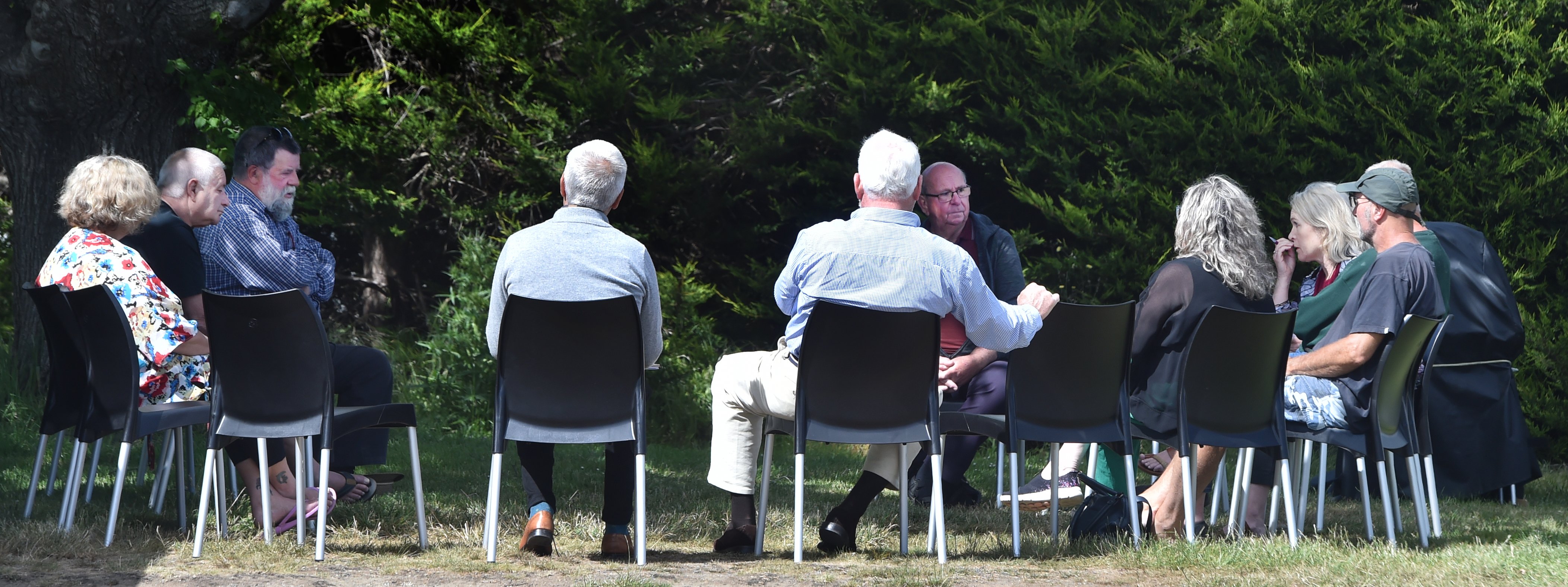
Dunedin city councillor Bill Acklin said whether the council should look into facilitating a long-stay campground was a question he planned to raise around the council table in the new year.
"I do think there’s a need — who should provide that I’m not quite sure yet," Cr Acklin said yesterday.
He had been contacted "a number of weeks ago" by one of the residents to see if there was something the council could do.
However, the situation reached a crisis last week.
In a letter on Wednesday, the Otago Taieri A&P Society informed residents at its showgrounds campsite the legality of its operation was in question.
As a result it was temporarily shutting down the campground as it sorted out an issue of consents with the council.
About a dozen long-term residents received the eviction letter, giving them until 9am last Friday to vacate.
Those who stayed were served trespass notices by police.
There were camping grounds around the city that offered one- to two-week stays, but nothing that catered to long-term residents, the Otago Daily Times was told.
The society has yet to make a comment on the situation.
Some residents moved to the Wingatui Racecourse carpark as an interim measure.
Two residents who required power were invited to move their buses on to a nearby lifestyle block.
Cr Acklin yesterday met about 10 former camping ground residents at the racecourse carpark at a meeting organised by Taieri MP Ingrid Leary to discuss long-term solutions.
"The way I see it now is forget the A&P society," Cr Acklin said.
"They made their position quite clear. It’s now a case of does council have an appetite to see if there’s some way that long-term stays can be made available.
"I think we’ve got to be very careful about the costs that may go with that if it’s possible.
"I don’t think it’s fair that ratepayers should be subsidising people that are wanting to be staying in a long-term environment like that.
It needs to be some sort of user pays, with some support for those that cannot afford it."
Ms Leary said those who had been living at the camping ground lived there for a variety of reasons.
There were those without other homes, and some who chose to be there despite owning a home elsewhere, she said.
"But there was a very common thread — even for those who did have alternative homes — around access to healthcare and waiting on surgeries or trying to be in close proximity to the hospital."
Ms Leary said among the camping ground’s former residents were two octogenarians who had now returned to Alexandra — one was having ongoing cancer treatment, the other was blind.
How they would continue to access hospital care was not yet clear.
"The consensus of the group was there needs to be a bespoke site available," she said.













